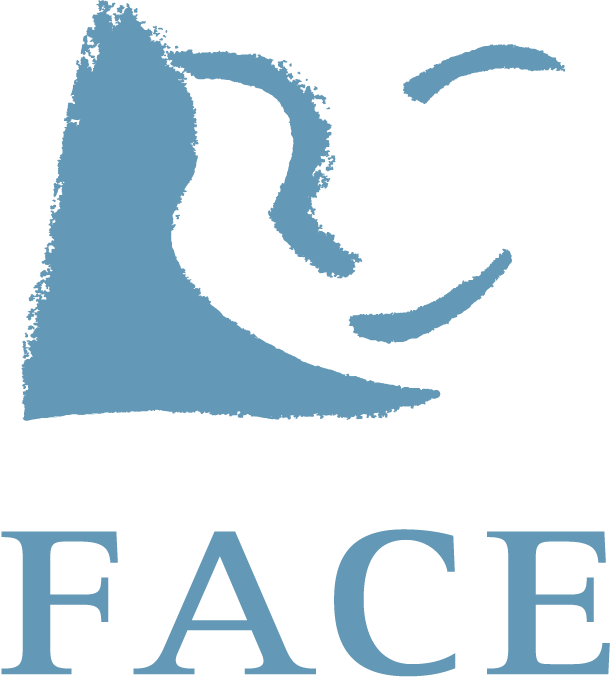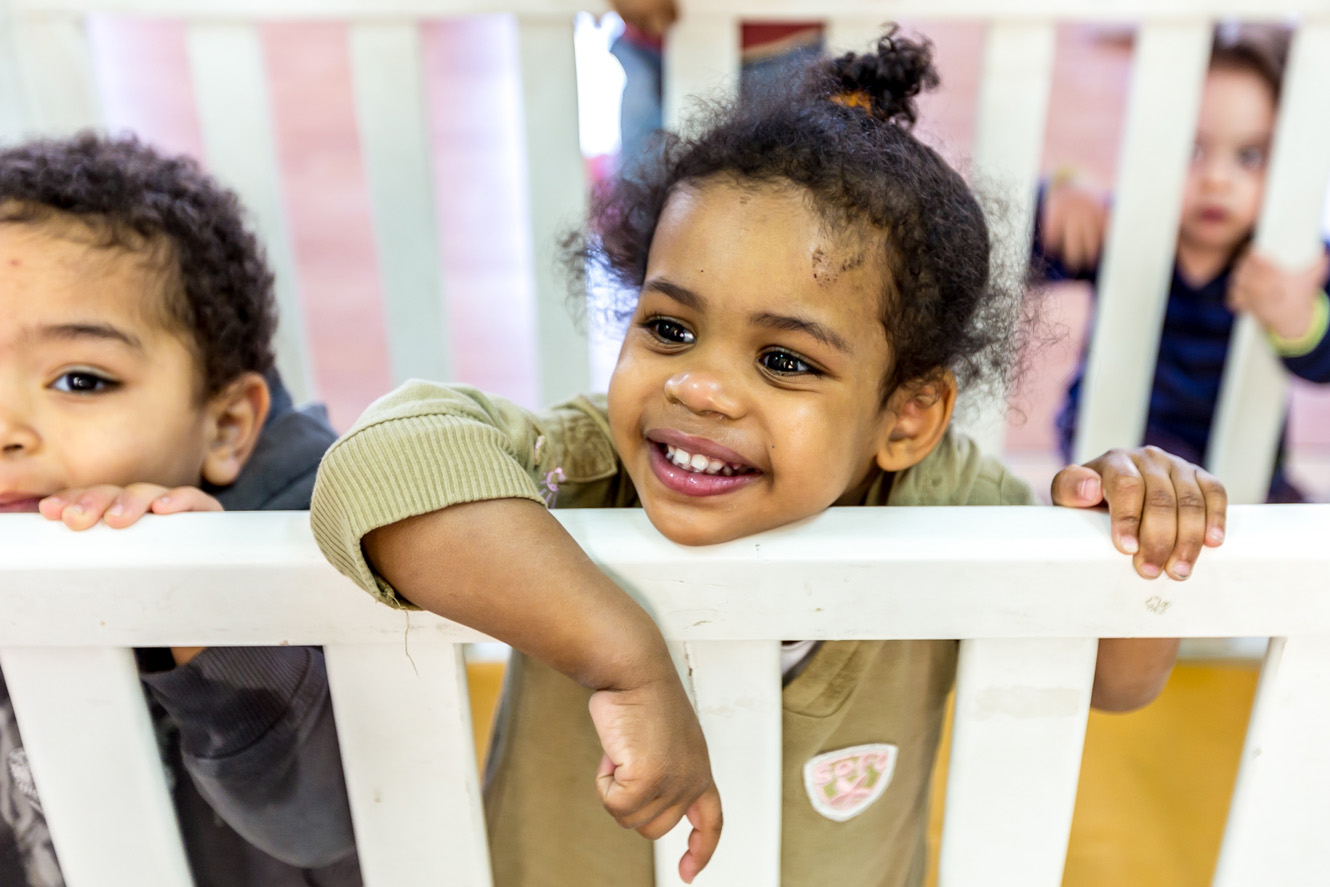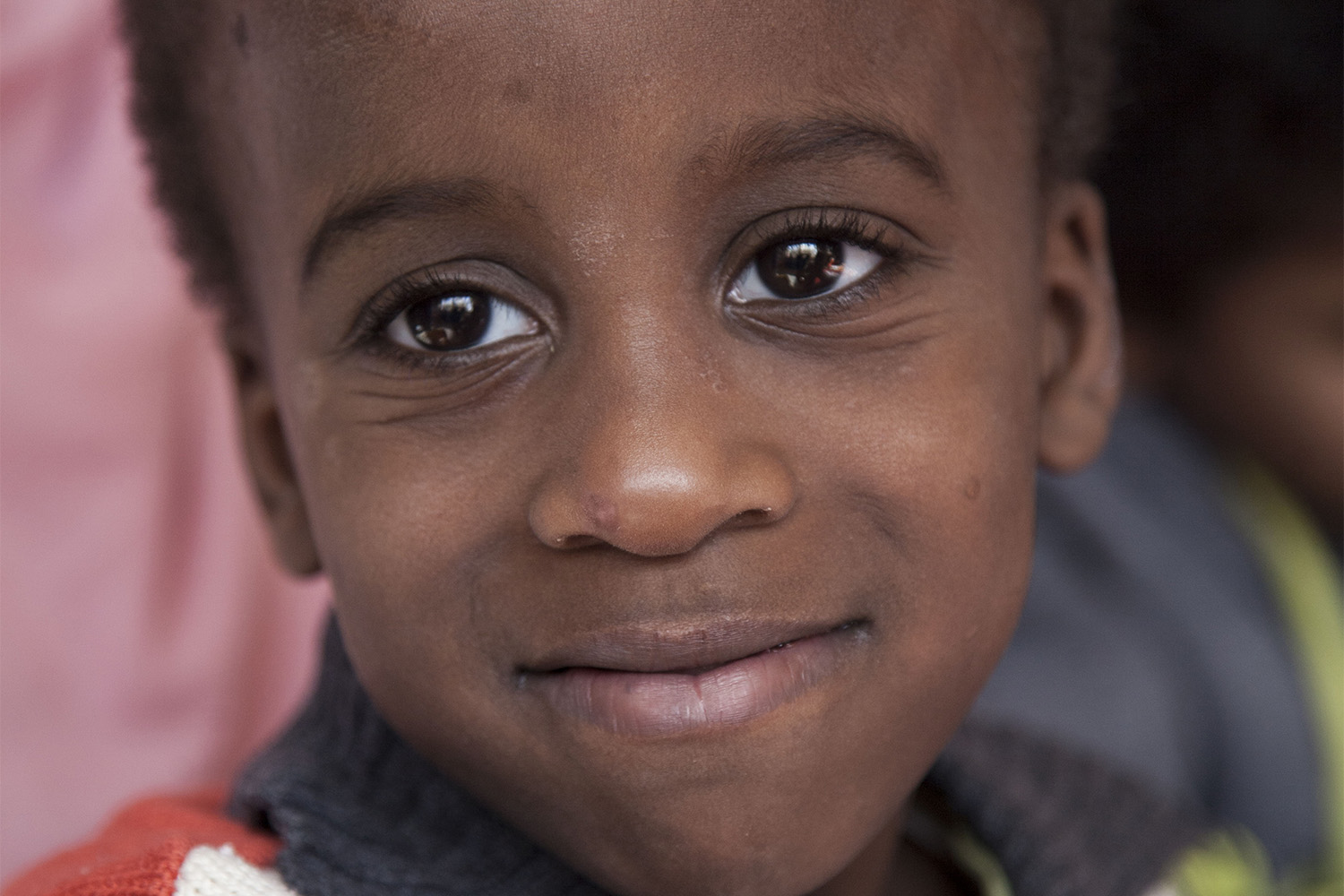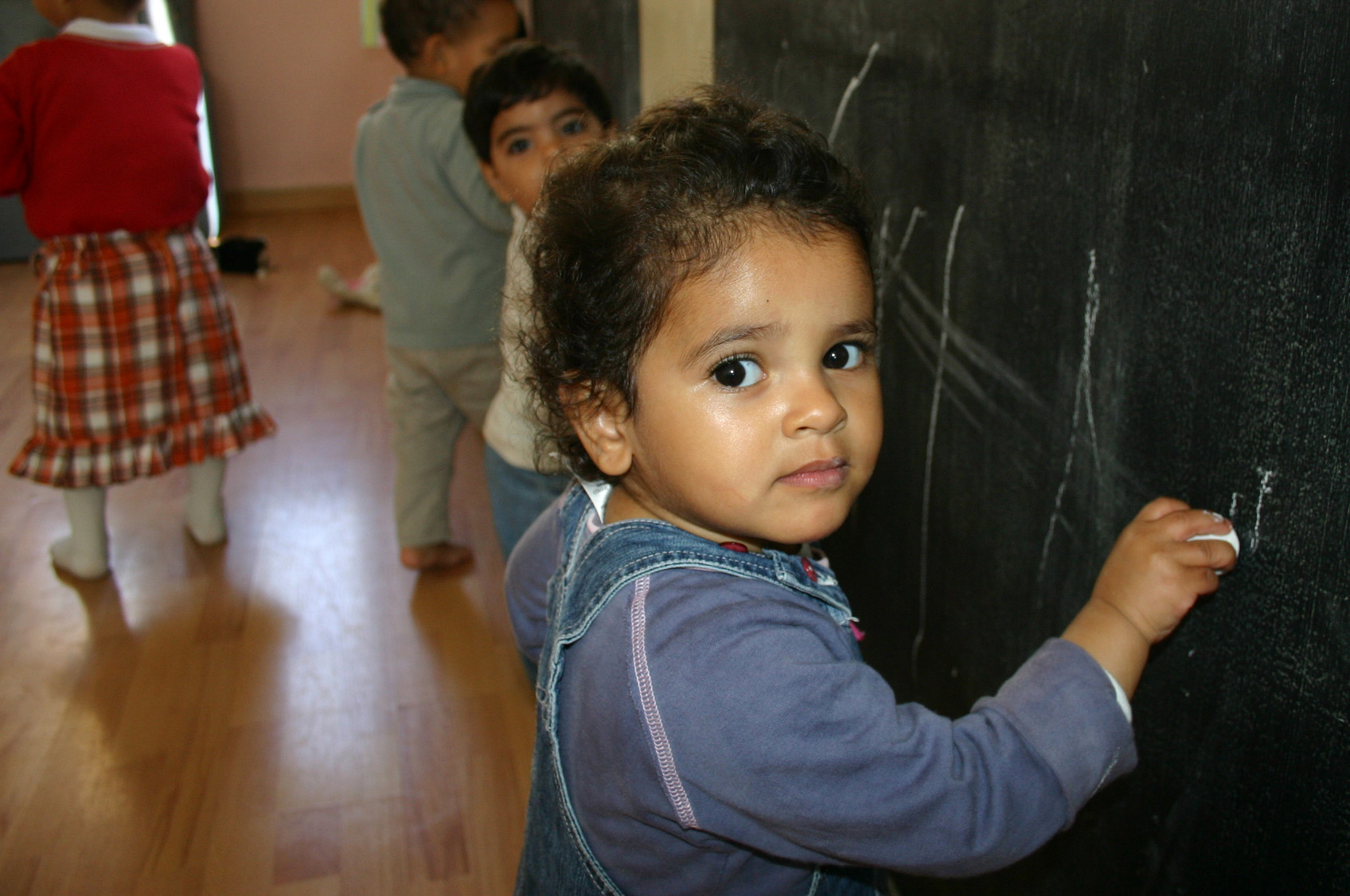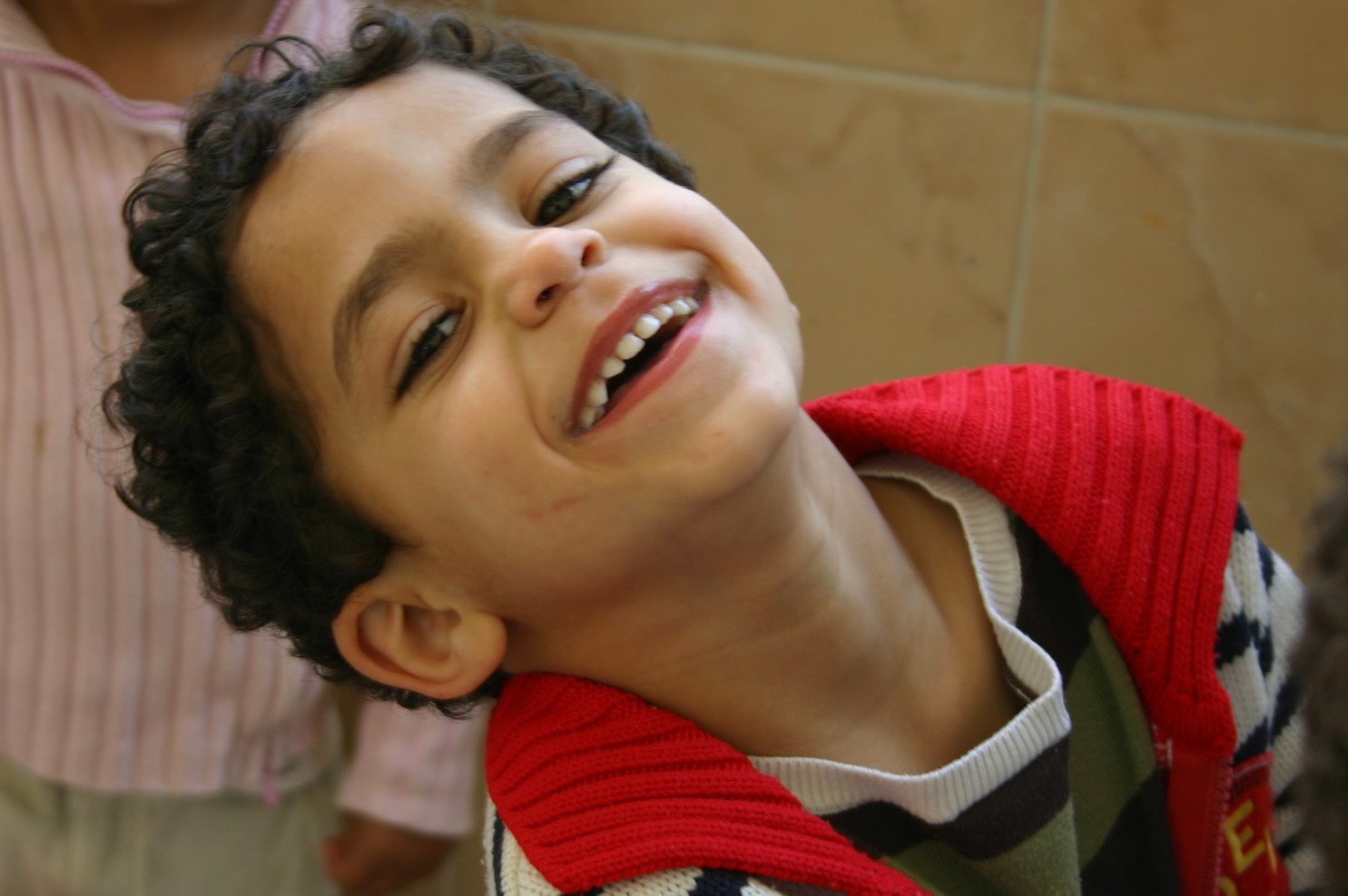It is a well-known, accepted, and scientifically proven fact that babies need love, attention, affection, and touch, to thrive. The first years of life have a direct and measurable impact on a child’s physical, mental and emotional growth and an infant’s brain will triple in size from birth to 3 years of age. Early institutionalisation leads to profound deficits and delays in cognitive development in comparison to children who are brought up in family homes whether fostered or adopted. An infant needs to develop a relationship with at least one primary caregiver (a parent or parent substitute) for social and emotional development to occur normally.
National Family Reintegration Program
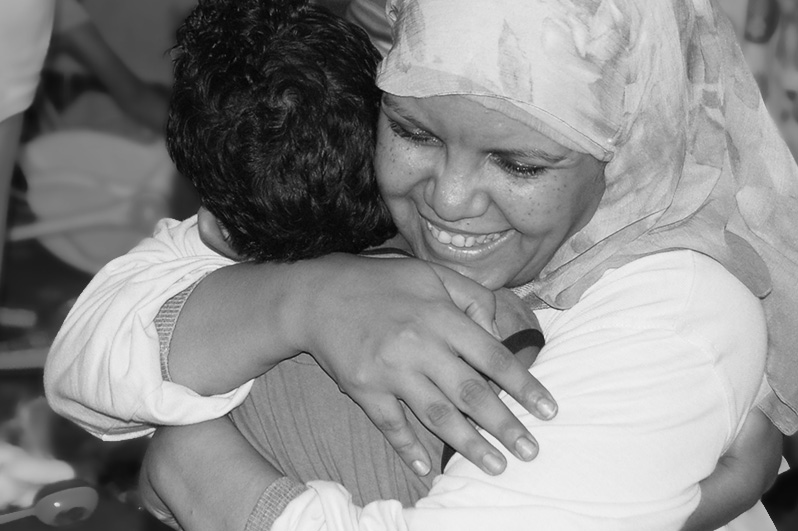
Children belong to a family.
FACE works on a national level.
FACE undertook in-depth research and advocacy to raise awareness with Egyptian authorities about the negative effects of institutionalisation on children and the need to develop alternative care. In September 2014, FACE proposed a strategy on National Deinstitutionalisation and the creation of a “National Alternative Care Unit”, which was signed and approved by the Minister of Social Solidarity and the Minister of Health. By working closely at all levels of Egyptian society (government and NGO’s), FACE aims to continuously transform the current childcare institution system into a system of family based care.
FACE helped to improve the law.
FACE has been lobbying with the government since 2010 on the negative impact of adopting a child after 2 years old and initiated a change in the law. Today the adoption age has decreased from 2 years to 3 months increasing bonding between newborns and their foster family.
687
Our approach
FACE wants to place as many children as possible in a family setting:
